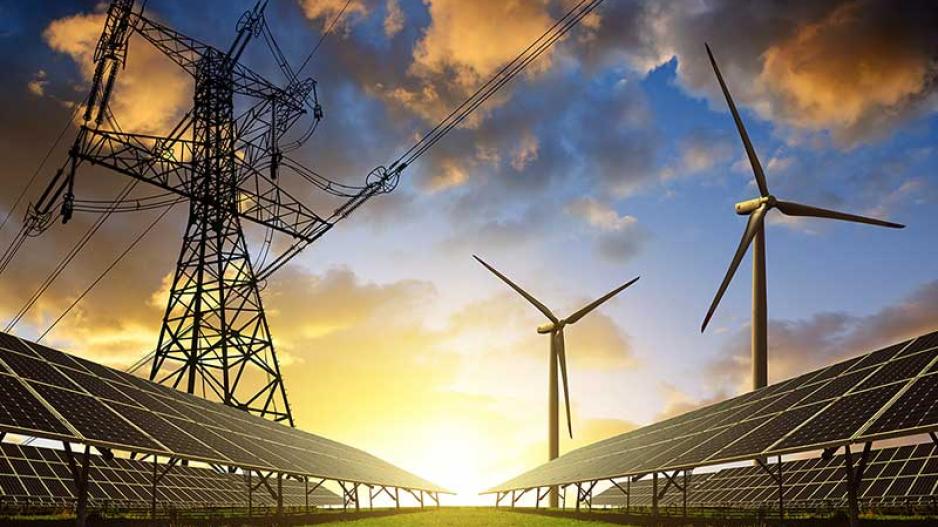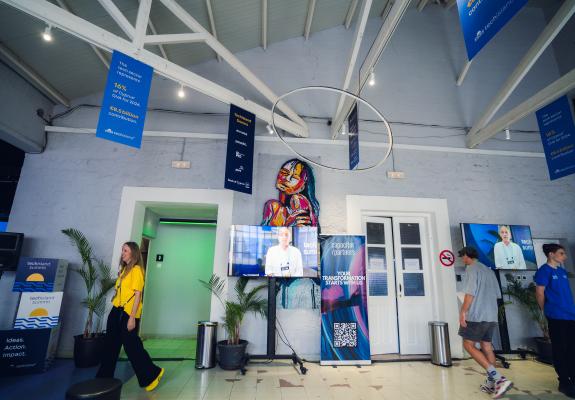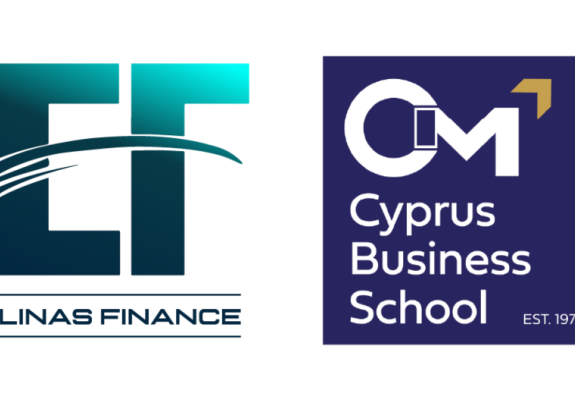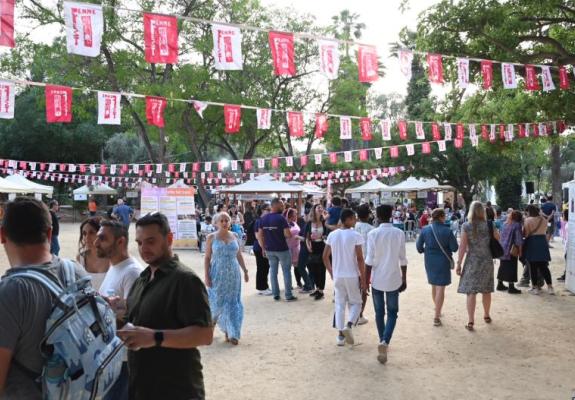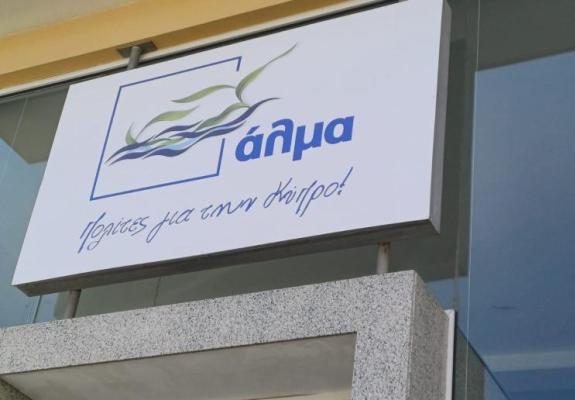Energy Committee: Debating 10-Year Fee Exemption for Innovative Renewable Technologies
Mr. Hadjigiannis Stated That After Some Amendments in Consultation With the Supervisory Authority, a Detailed Discussion Will Follow, to Be Completed Within 15 Days
On Tuesday, the Parliamentary Committee on Energy discussed two legislative proposals.
One proposal seeks to exempt energy production facilities using innovative renewable energy technologies, which positively contribute to the country's energy mix, from paying connection charges to distribution and transmission systems for ten years.
The second proposal mandates that the relevant authority take measures to promote the use of renewable energy sources in the agricultural sector. Specifically, it encourages the installation of photovoltaic systems by farmers and livestock breeders in disadvantaged areas with water supply issues, solely for powering their water pumps.
Both proposals were introduced by DISY MP and Committee Chairman Kyriakos Hadjigiannis.
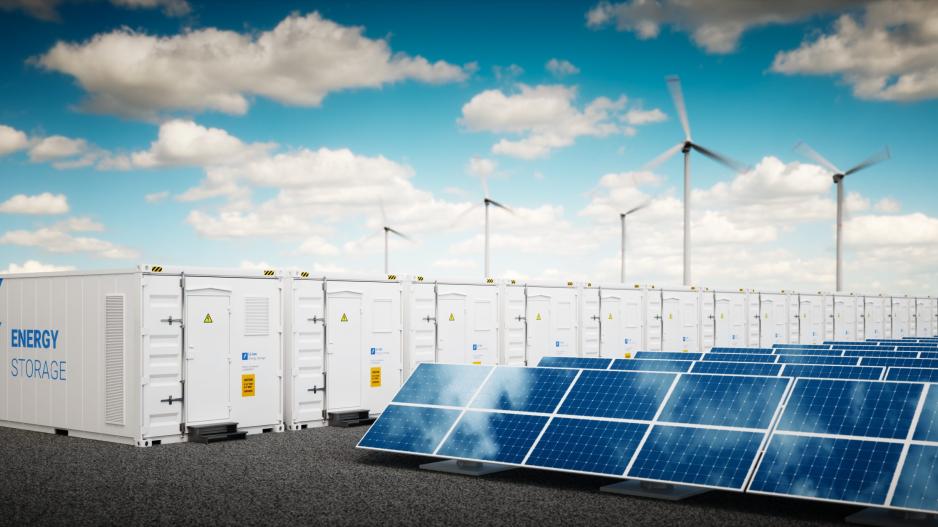
In statements following the Committee meeting, Mr. Hadjigiannis said the first proposal "concerns exempting from connection fees those new technologies that aim to assist in energy storage. Energy storage is a priority, but we can't talk about energy storage solely based on battery technology, which I would describe as an immediate technology."
He noted that necessary technologies for energy storage also include "those with an indirect character, such as the production of other materials like hydrogen, biogas, and the use of height differences in water dams." "All these technologies require a different approach as we needed them yesterday," he stated, adding that "we must find a way to support this goal."
Only the final consumer, not the intermediary, should pay
Mr. Hadjigiannis also mentioned that "while there is an agreement in principle, there was a different approach that the cost of this facilitation should be covered by the Renewable Energy and Energy Efficiency Fund." "We argue that usage fees cannot be imposed in cases where the generated energy does not directly reach the final consumer," he added.
He further explained, "similar to the principle applied in Value Added Tax operations, where only the final consumer pays VAT, the same should apply to energy usage fees—only the final consumer, not the intermediary, should pay."
Mr. Hadjigiannis stated that after some amendments in consultation with the supervisory authority, a detailed discussion will follow, to be completed within 15 days. The goal is to bring the proposal to the Plenary before summer for it to become law.
Regarding the second legislative proposal, Mr. Hadjigiannis said, "according to the proposal, agro-livestock producers will have priority in connecting to the grid for self-consumption purposes."
For this proposal as well, Mr. Hadjigiannis noted that, in consultation with the supervisory authority and other stakeholders, "we will make changes to the text and within 15 days present it to the Committee for a detailed discussion, aiming for it to reach the Plenary for voting."
